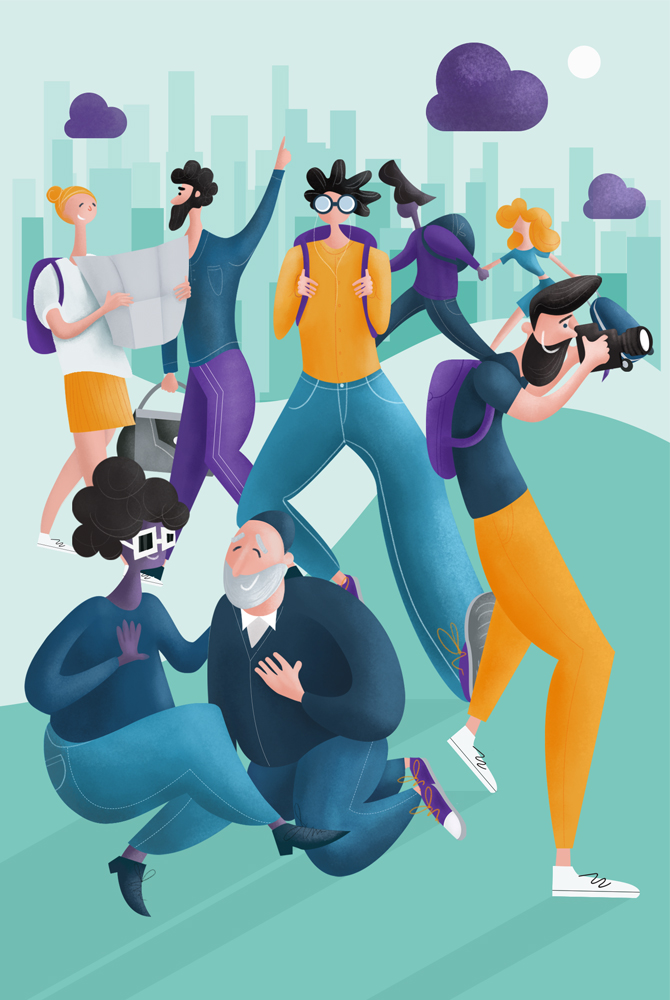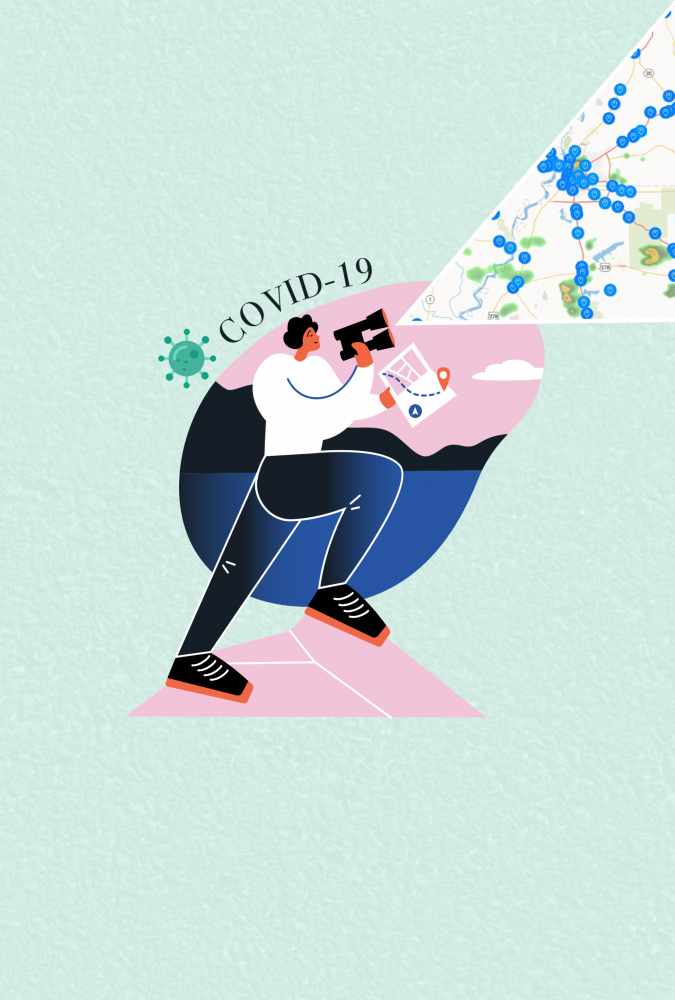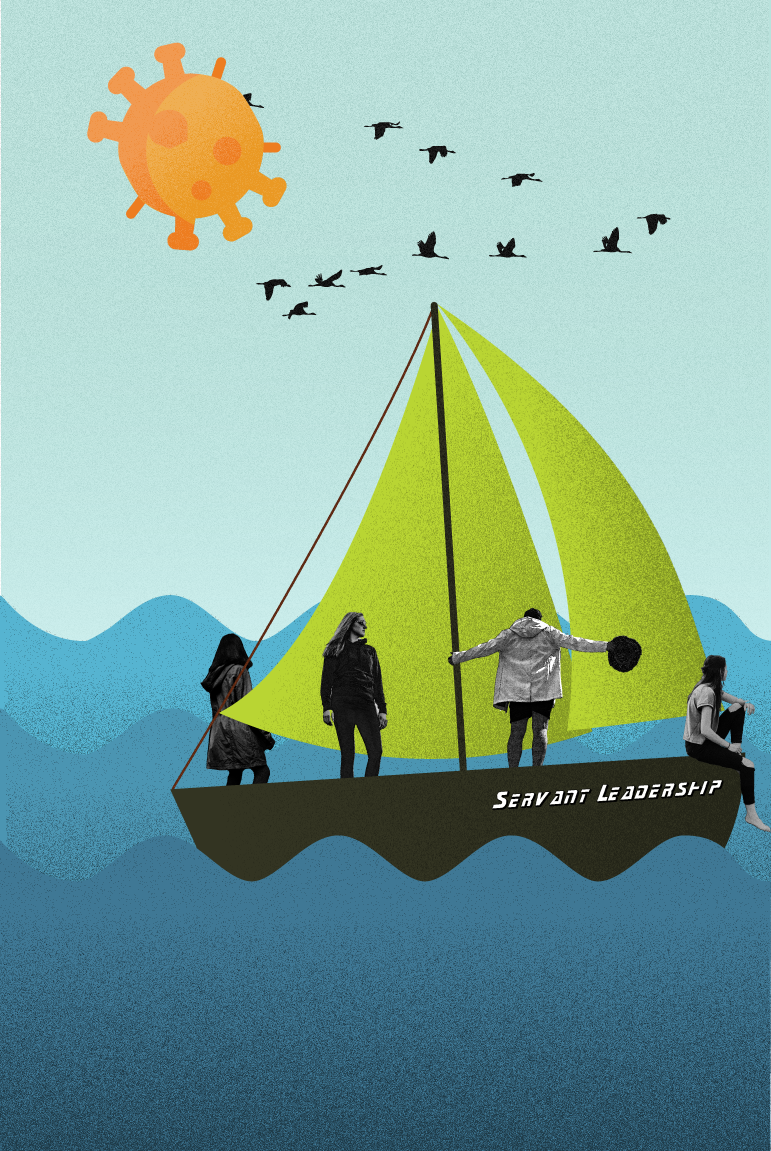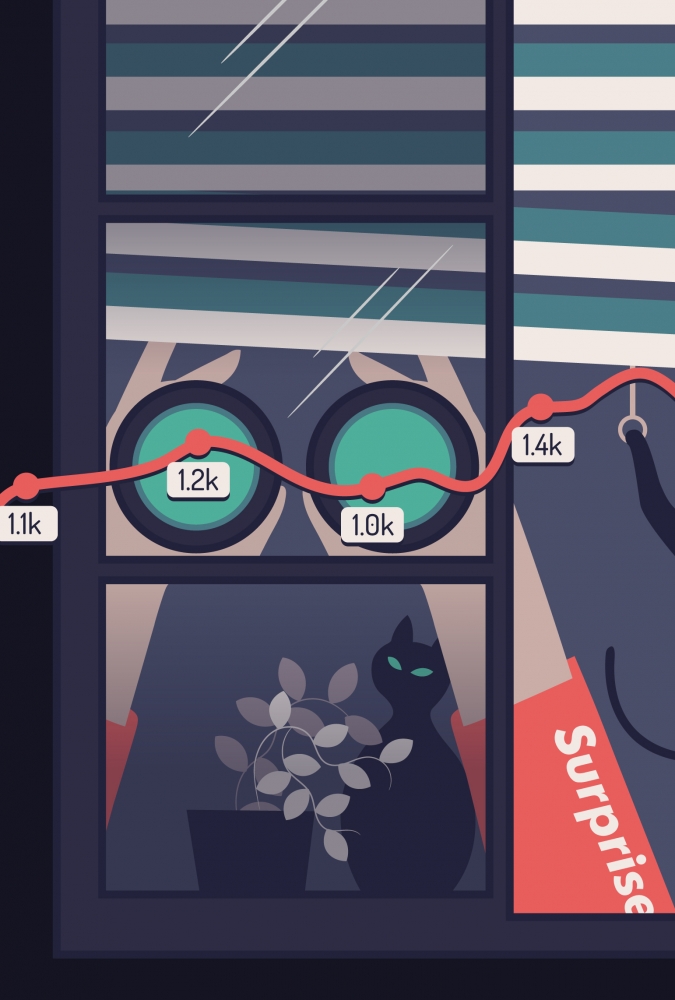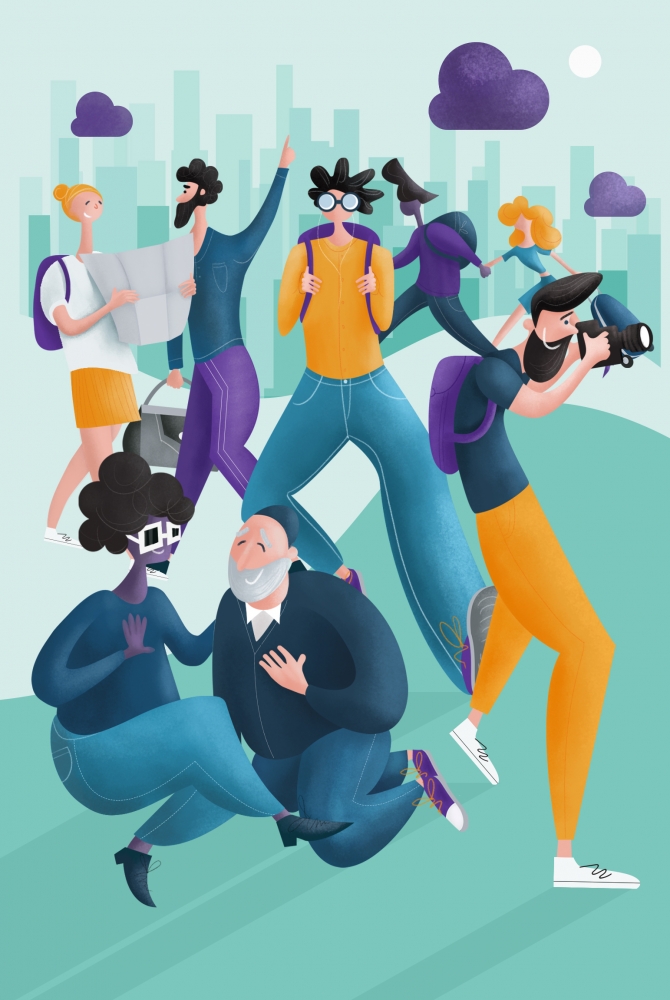
Liza Dunning talks to us about her role as a content creator and her transition from AirBnb to a new Startup.
Let’s kick things off with a brief background on yourself, your time at AirBNB, and where it took you today?
I started as a copywriter in goodol’ fashioned advertising, but once I dove into the startup world as a freelancer helping two founders build their pitch deck, I never looked back. I’ve spent most of my career developing brand voice and content marketing for startups large (Airbnb) and small (I became a founding member with those afore mentioned founders to create Scoutmob, a mobile local discovery brand)
This year, after 4.5 years as a brand writer and creative lead at Airbnb, I took the leap back to anearly-stage startup called Projector. It’s still in stealth mode, but it’s super exciting to build something from the ground up again. It’s a great team, a really interesting product, and I came on board to help build the brand, content and product marketing. We should be launching later this year.
Can you describe what your role and responsibilities were as the content creator at AirBNB? Where did you spend most of your time there?
My role and responsibilities changed a lot as the brand gained awareness and our internal marketing/creative departments grew. When I joined, I was the only dedicated brand writer at Airbnb, so my work focused on developing Airbnb’s voice–content marketing and storytelling on all of our social and other channels, including experiential campaigns like Global Pride, New York Marathon, and Sundance Film Festival. As the company matured and our in-house creative department grew, my role became more focused on some of our larger ‘brand moments’ (mission-driven brand campaigns like “We Accept”) and more community-driven storytelling moments on social channels. It was amazing to capture and share the incredible real stories of our hosts with the world, and also share our company values of belonging and acceptance with the world at a time when I felt like we needed that kind of narrative more than ever.
What was the ultimate end-goal when creating the initial early content for AirBNB?
If I could actually boil all early content down to one end goal, it was building trust in our community. And we did that by showing the humanity in it. We wanted to go a step beyond beautiful, aspirational travel photos, because any travel brand could do (and DOES do) that. Of course there’s a lot of that in the Airbnb experience, but we wanted to also shine a light on our people — our hosts and guests — because they’re what make the Airbnb experience (and the product itself) so incredible. They’re the ones actually experiencing and living the brand values. So, however we could showcase real stories and insights from real travelers and hosts, we led with that. They built that trust in the brand more than any clever brand narrative I could come up with.
Did you ever find yourself walking a sort of tight rope between your inner creativity, and abiding by a set of strict branding guidelines when creating new content forAirBNB?
I think our brand guidelines were more inspiring than restrictive, to be honest. Especially when it comes to storytelling — It’s a brand that really celebrates this collective, diverse global community, full of colorful personalities, different voices, experiences, beliefs and cultures. We aim to celebrate all of that. Which, afterall, is the beauty of travel, right? So, that provided a large creative sandbox to play in, I think. Constantly being inspired by the people and stories out there.
As a creative, I had to learn how to get out of the way of the real story. In other words, not trying to script things, and rather leading with authenticity
Can you think of any ways that creating content for AirBNB and its’ customers was unique and different than content creation for any different company?
I will say that I think there was a unique creative challenge for a brand like Airbnb that really leads with this community. As a creative, I had to learn how to get out of the way of the real story. In other words, not trying to script things, and rather leading with authenticity. That meant sometimes things would feel a bit imperfect, and more of a docu-style approach. The personalities/voices/stories of our hosts and guests had to come through, had to feel authentic. Yet we still had to make sure the end product felt crafted, aspirational, intentional and cohesive. There was a very fine line between producing well-crafted work and letting our community just have the microphone to speak for themselves. So that is a unique way of creating content marketing, I think, in terms of what I’d been used to in the past.
How does the content creation for your current position at this new stealth-mode startup, differentiate from what you did while at AirBNB?
We are in early stages of developing the brand and product marketing before we launch, so my role is more foundational — figuring out our voice, how we talk, what our brand story is, what we stand for in a community, and the types of content people will want to see from us. It’s all an exciting challenge getting back to that stage of creation.
Can you leave us with one work or life hack that you use on a day-to-day basis that keeps you motivated or helps bring you success?
This is going to make me sound like a total Luddite, but whatever, it’s ironic (being that I ‘work in tech’) so I try to own it:
I still like to just write things down. Not in an app, but in a Moleskin, on Post-Its, maybe even a scrap of paper a crumpled napkin. My ideas always feel better there. I process things better that way. So I recently got a giant laptop-sized planner (that my husband totally makes fun of me for) but it has room for me to jot my ideas and take notes, while also having ample dedicated space to organizing my goals and priorities month-by-month, day-by-day, even hour-by-hour. It’s been great for my left and right brain to work together in one “written down” place. Every morning, I try to spend 30 minutes just jotting down ideas and thoughts to get them out of my head (reference: The Artist’s Way), and then time-blocking my day with my biggest priorities. I can see my progress. I can flip through and look back for references. I can also use my favorite pen. And it doesn’t live on my phone, which is nice. I don’t know why that motivates me or makes me feel more successful, but when all of my work tends to exist only on a screen, I guess it’s just nice to have that old-school pen-and-paper way of prioritizing, organizing, and goal-setting my life.
Liza Dunny is a brand writer, content strategist that creates brand narratives and content. She was a founding member and brand creator for Scoutmob, a mobile app and e-commerce platform, and developed the brand from a local wifi platform to a weell-loved brand of deals and local editorial in 14 markets. Liza worked as brand writer and marketing content lead on Airbnb’s in-house creative team.
Keep up with Liza on LinkedIn and Twitter.
Illustration by Katarzyna.
